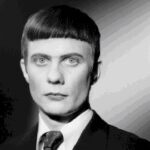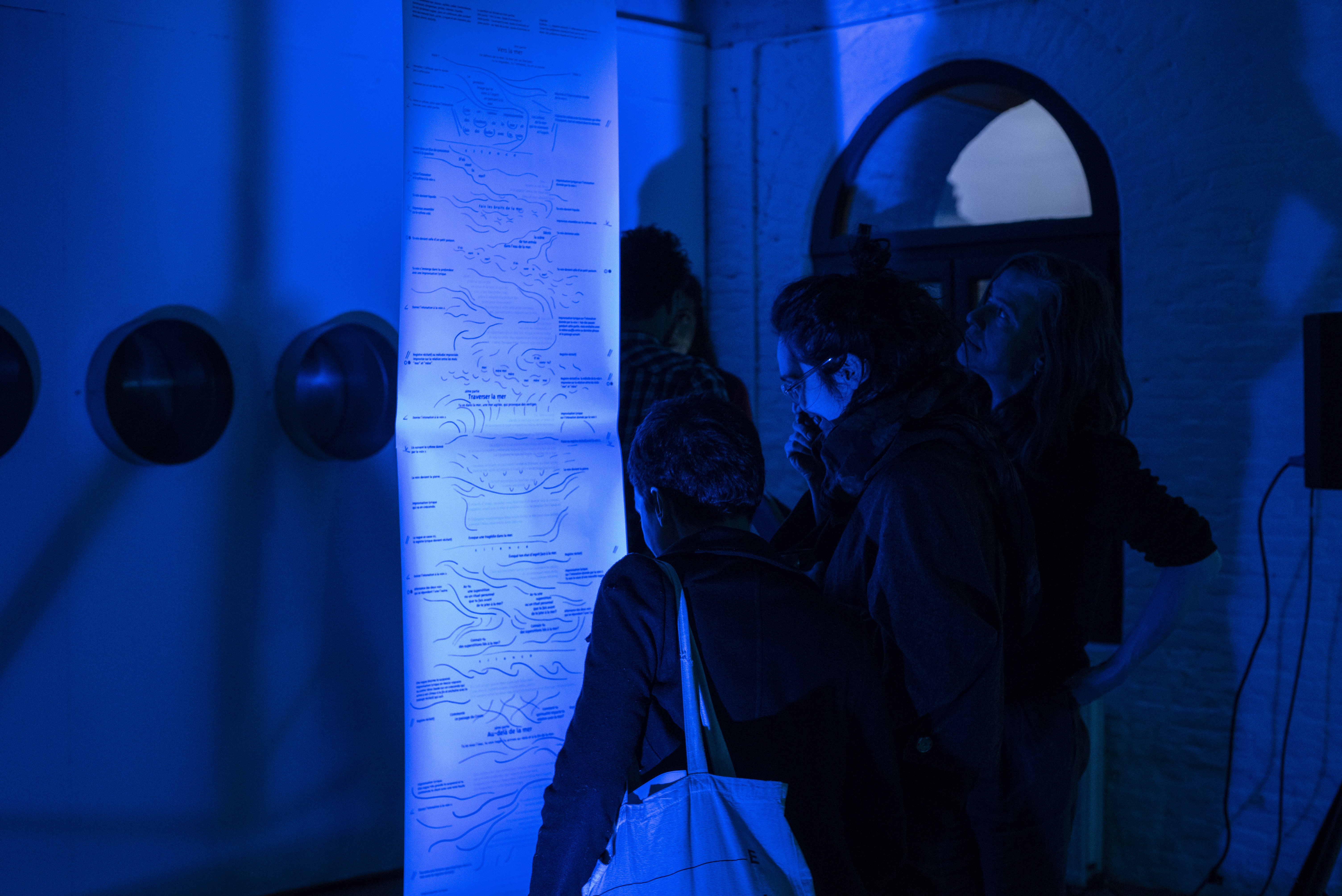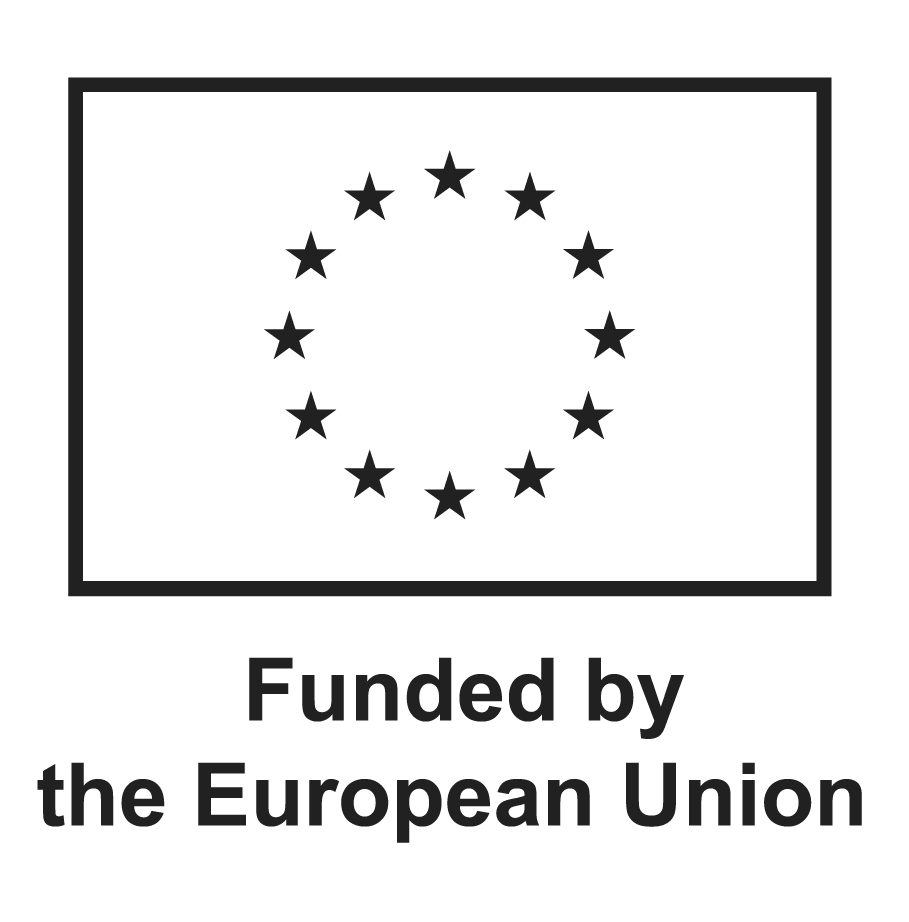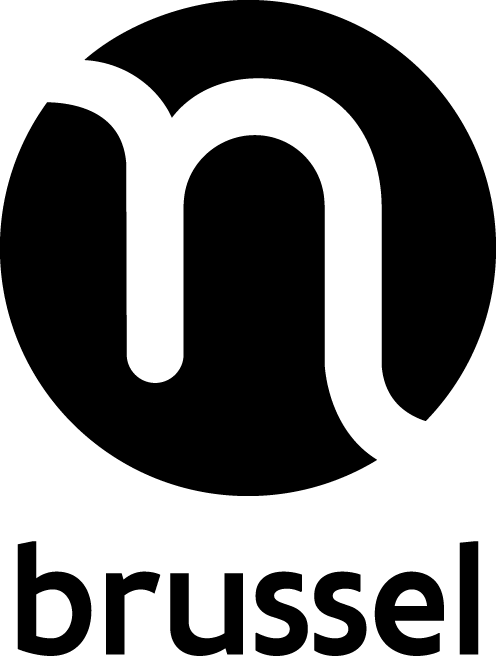

Besuch im Toten Winkel
(Visit to the Blind Spot)
Acoustic research about the vanishing traces of underground culture.
Since streaming platforms and online media, algorithms and personalized data profiles have taken over the distribution, promotion and presentation of music and other artistic forms, there has been a tremendous shift in the perception and economics of underground / independent culture.
In the end of the 1970s, the first independent record labels were founded as a protest against arrogant major labels, the exploitation of unexperienced artists and the stagnation and complacency in the dead end of oversaturated music productions. The music industry acted like a watchdog that wouldn’t let anything pass that seemed too spontaneous, rough and unperfect. Therefore, at that time and for quite a while after, anarchic ideas, “difficulty of perception”, lack of commercial usability and especially obscurity turned into characteristics of quality in the blossoming gardens of Anti-Pop. Neat productions and perfect playing were rejected, ideas ruled over playing skills.
45 years later, this idea of quality and obscurity over quantity and ubiquity seems to be vanishing and being turned on its head. In nowadays streaming culture, where everyone has access to self-promoting platforms, the quality of an artist is judged by the amount of followers and positive ratings. On the other hand, solidary support of musicians through the purchase of LPs and CDs has declined dramatically. While a big amount of fans was met with suspicion – if not contempt – in the past underground communities, today it is seen as a signature of quality and success. The original idea of financial independence, a strong sense of group dynamics and “doing it for the sake itself”, has more and more been undermined by economic pressure (especially residential rents) and the necessity of a funding system that forces artists into becoming accountants and replacing spontaneity by planning. The whole development seems to prove three observations of mine:
1. Capitalism doesn’t bring forth the best ideas but the best promoted ideas
2. The internet doesn’t pay for artistic content but only for its resale or exploitation
3. Social meeting points (clubs, bars, living rooms) are key in developing a lively “scene”, their dynamics cannot be replaced by online platforms
In spite of the vanishing of the idea of the Underground and its values, Brussles has always been a thriving place of counter culture and anarchic energy. In my research I want to find out, how the perception and realization of underground culture and financial independence has changed. What is the status quo? Are the new digital distribution platforms and communication channels able to create a new form of underground? How do artists deal with free expression and the unifying forces of social media?
Aiming at a sound research and maybe radio feature, I want to make interviews with musicians and sound artists of different generations, labels and club owners, cinemas, off galleries and walkers of the sewer system in order to enter the Blind Spots. I also intend to create little collaborations (tracks, scores, concepts) with artists from Brussels that accompany the radio/art piece.

 Sebastian Dingens - WALKS
Sebastian Dingens - WALKS

 Pavel Tchikov 29/11/23
Pavel Tchikov 29/11/23

 Nika Son - Scatter
Nika Son - Scatter



